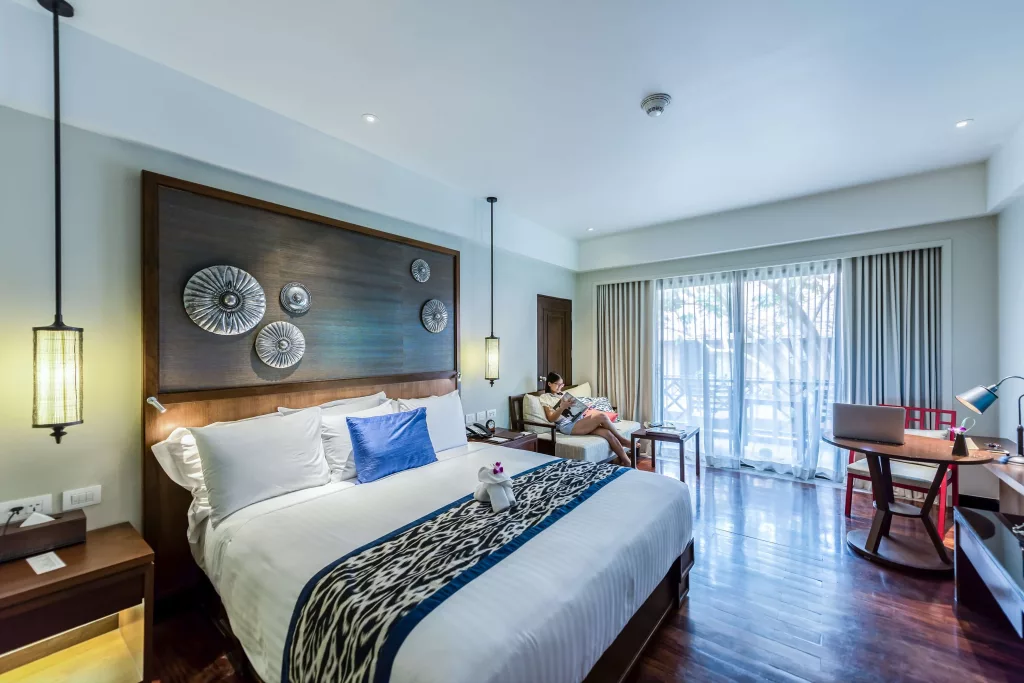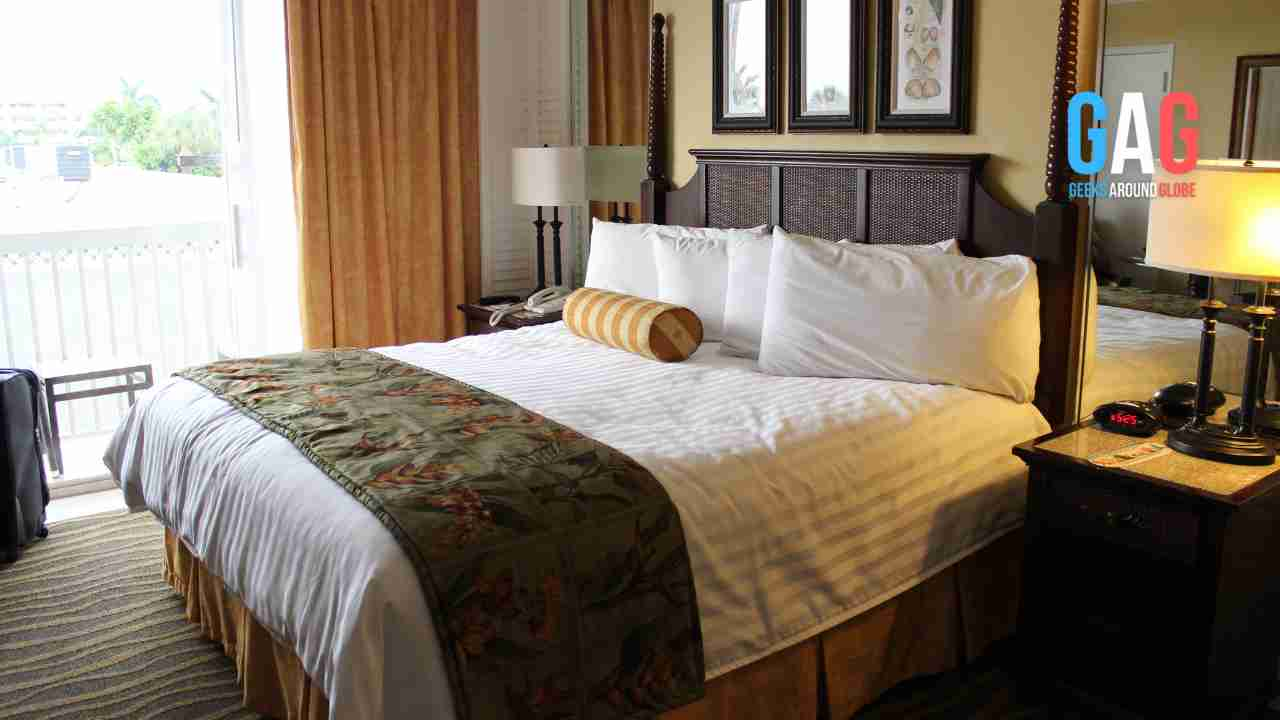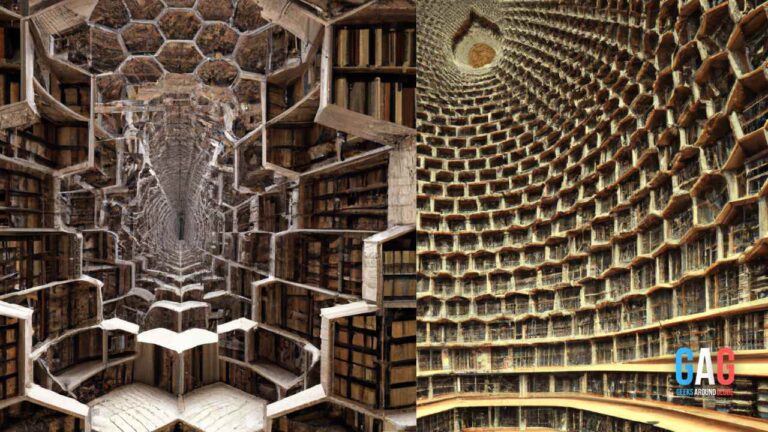
The hotel room experience is constantly evolving. From new in-room amenities to remodeled designs, hotels always try to provide guests with the best experience.
With the rise of new technologies like voice-activated virtual assistants and augmented reality (AR) apps, hotels can be more creative than ever when enhancing the in-room experience. According to Statista, the former’s market size is expected to reach $27 billion globally by 2025.
Here are some of the top ways that hotels are leveraging technology today:
Alexa: A Voice-Activated Virtual Assistant
Alexa is a voice-activated virtual assistant that can play music, read your news, and control other smart devices. Per data from Amazon, 100 million devices were connected to Alexa in 2020.
Alexa can also be used in the hotel room to control lighting, temperature, etc. This can offer personalized room control as guests can use voice commands to control the lights, temperature, and even the TV in their room, making it more convenient. It can also mean instant service and multilingual support, as Alexa can help with translations.
TV Casting Solutions
TV casting solutions are a way to stream content from your phone to your TV. In addition to watching movies and shows on the big screen, TV casting solutions can also be used for watching sports. A recent survey shows that 40% of guests prefer hotels with casting services.
Many streaming platforms, like Netflix, Amazon Prime Video, Hulu, etc., offer amazing content. Since many people binge-watch shows on these platforms, hospitality industry businesses can use TV casting solutions to allow customers to watch the shows and movies from these platforms on hotel TVs.
According to Allbridge, a casting solution provider, many individuals prefer watching the same content they watch on their mobile on hotel TVs. This means cable packages won’t work efficiently in today’s digital world. Hence, the company suggests using room-casting solutions to offer unbeatable guest experiences.
Smart Locks
Smart locks are one of the most exciting technologies available to hotels today. They allow guests to control access to their rooms and other areas around the property from their phones or other devices.
The use cases for smart locks are endless; guests can grant access to their room when they’re away from home or check out early by simply opening the door on their way out of town. The system also allows management staff to track who had entered which rooms at any given time.
There are several different types of smart locks on today’s market, including those powered by batteries and those that require power outlets nearby. Either way, these handy gadgets make staying at hotels more enjoyable than ever before by giving guests greater control over how much privacy they want.
Such smart devices are becoming popular worldwide. That’s why many hotels are purchasing smart solutions to add to their hotel rooms. One recent survey estimates that in 2027, 6.4 million smart hotel room devices will ship worldwide.
Home Automation
Smart home technology can also benefit the hotel industry.
- Smart thermostats: These devices are great for saving money on heating and cooling costs by ensuring your house doesn’t get too hot or cold when you’re not around.
- Smart lighting refers to any kind of light fixture controlled remotely through a smartphone app, like lamps and ceiling lights. It’s helpful if you want to adjust the mood in your room before guests arrive. You might turn up the lights for dinner, dim them for bedtime reading, or even turn them off once everyone sleeps.
Augmented Reality (AR)
Augmented reality is the overlay of digital information in the real world. AR can be used to enhance the customer experience, improve efficiency, safety, and security.
- It’s a great way to help guests find their room at your hotel by overlaying directions as they walk through hallways or check-in areas.
- You can also use AR to provide information about amenities in each room, help guests choose their favorite dining options, guide them through self-parking processes at busy airports, and provide step-by-step instructions on using certain appliances in your room.
Virtual Reality (VR)
VR has been used in many industries to improve the user experience and provide more engaging content than traditional methods could provide. The technology has been applied to the travel industry for many years, with some companies even offering VR hotel tours before booking your stay.
Biometric Security
Biometric sensors are used to identify a person by their unique biological characteristics. These include fingerprints, voice patterns, iris scans, and facial recognition. Biometric technology is more secure than other authentication methods because it’s difficult to replicate or steal the physical features that make us who we are.
Biometric sensors can be found in many industries, including hotels, but they’re especially important for security purposes where personal information is at stake. For example:
- Guests may want to keep their room number private from other guests or employees
- Vendors might have access to sensitive guest data like credit card numbers
- Hotel staff needs easy access control over large groups entering a building without having guests swipe their key cards multiple times each day
Interactive Mirrors
Interactive mirrors are the next step in hotel room technology. They allow guests to watch videos, listen to music, and make video calls from the comfort of their rooms. For example, you can use your smartphone or tablet to connect with other guests at your hotel through an interactive mirror by simply tapping on their faces when they appear onscreen.
The best way for a hotel staff member to use this technology is by making sure that all of their devices have been updated with the latest operating system updates before they arrive at work each day so there are no technical issues during shift hours later down at check-in counters or front desks.
Conclusion
Hotel guests are looking for ways to make their stay more enjoyable and memorable, and these technologies can help. By incorporating one or more of these technologies in your hotel rooms, you’ll be able to offer customers a unique experience that will keep them coming back for more.







